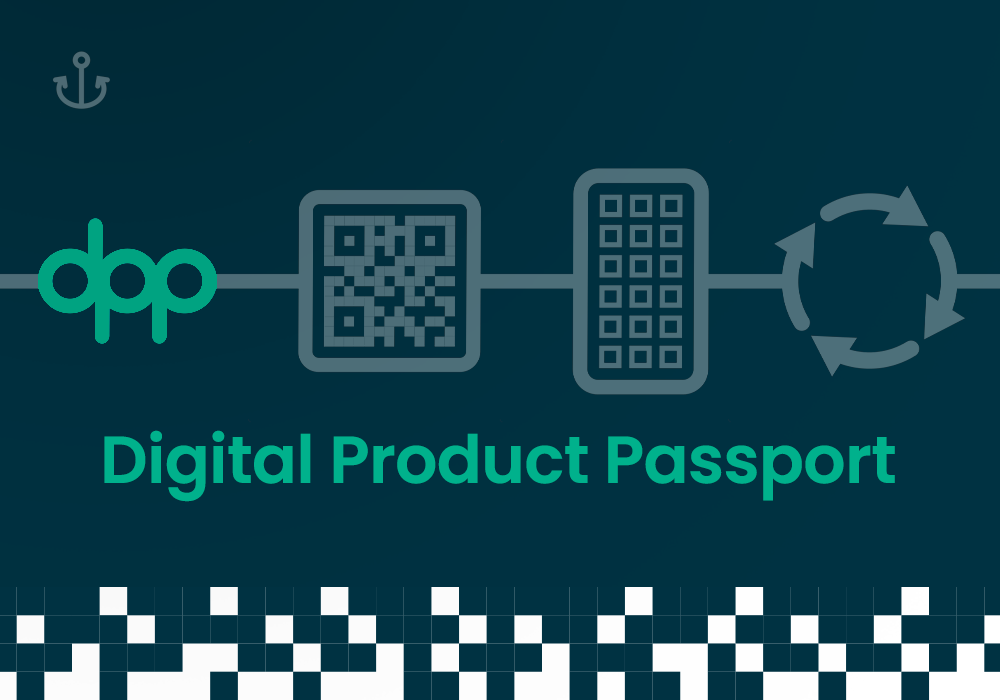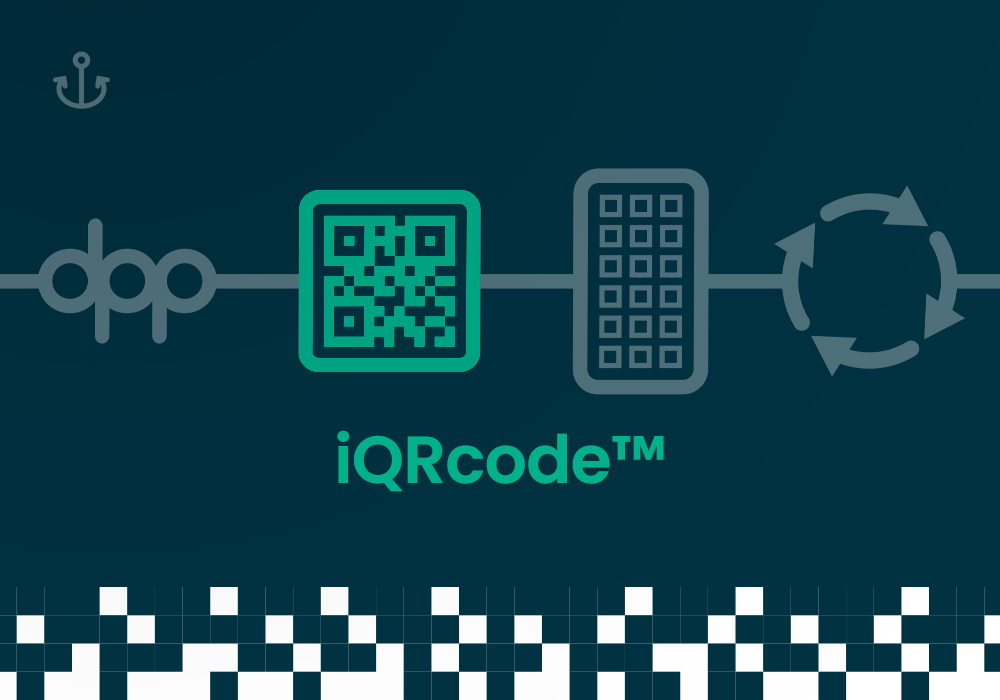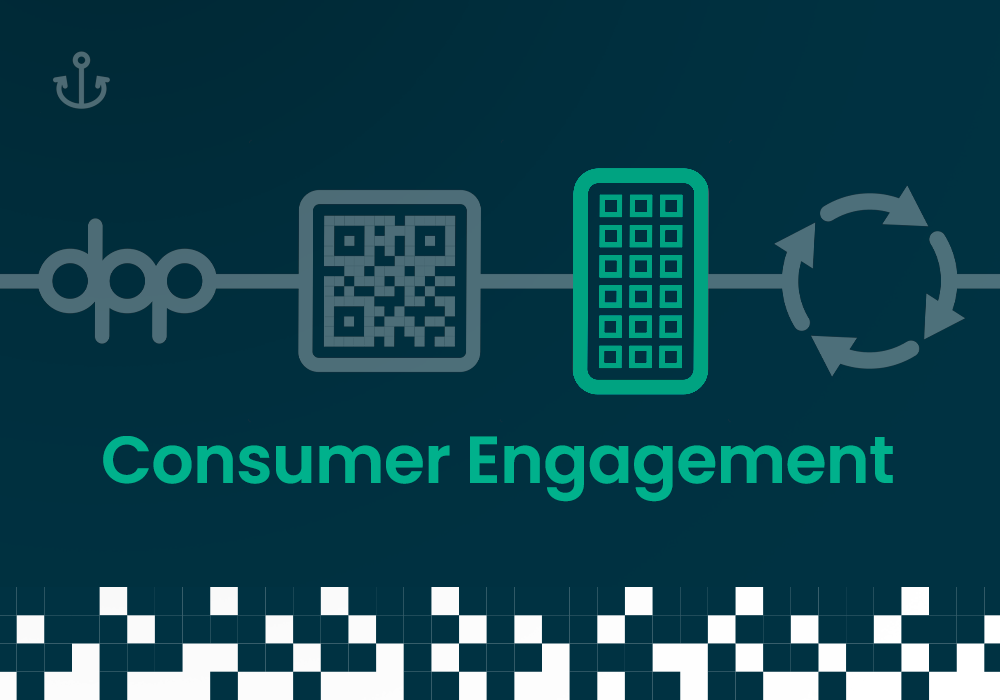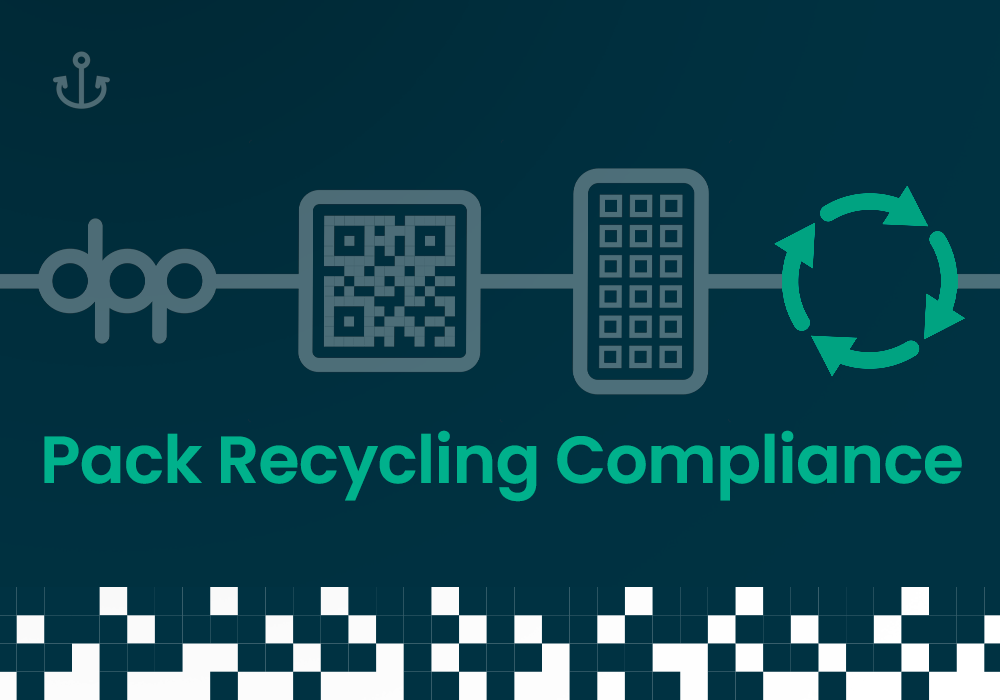ESPR: What Brands Must Know (2025–2030)

The European Union has unveiled a transformative roadmap to reshape how products are designed, labelled, and brought to market – with one clear goal: making sustainability the standard across Europe’s single market.
At Buyerdock, we see this as a pivotal opportunity for brands to embrace transparency, build customer trust, and future-proof their operations through smarter compliance, better supply chain management solutions, and digital innovation.
One Market, One Set of Rules
The new Ecodesign for Sustainable Products Regulation (ESPR) – together with the updated Energy Labelling Framework Regulation (ELFR) – introduces harmonised product standards across the EU. This shift means less complexity for manufacturers, more clarity for consumers, and a major step forward for digital supply chain transparency.
For brands, the benefits are clear:
- Lower compliance costs through a unified system
- Stronger customer loyalty and brand loyalty by meeting sustainability expectations
- Faster innovation through large-scale sustainable production
- Increased global influence, as EU standards apply to all companies selling into the market
One key innovation powering this change? The Digital Product Passport (DPP) – the cornerstone of product traceability systems under the EU Circular Economy Action Plan.
What is a Digital Product Passport?
A Digital Product Passport (DPP) is a structured, accessible digital record that shares critical product data across the entire value chain – from raw materials to end-of-life recycling.
What are the benefits of a Digital Product Passport?
- Strengthens customer trust through transparency
- Enables better product lifecycle visibility
- Simplifies DPP compliance under new EU regulations
- Powers faster, smarter supply chain management solutions
- Helps brands demonstrate commitment to the EU Circular Economy Action Plan
At Buyerdock, we make digital product passport implementation seamless – so you can meet regulatory requirements while building stronger connections with customers and partners.
What’s in the Roadmap (2025–2030)?
The five-year ESPR working plan sets the agenda for DPP compliance and digital product traceability. A mid-point review is scheduled for 2028 to assess progress and fine-tune the strategy.
Prioritised Product Categories:
- Textiles (e.g. garments)
- Furniture & Mattresses
- Tyres
- Iron, Steel & Aluminium
- ICT & Electronics (fridges, mobiles, chargers, lighting)
Products on the Radar (Future Studies Planned):
- Footwear (study by 2027)
- Detergents, Paints, Lubricants
- Chemicals (complex group under further scoping)
- Electrical Switchgears
This focus reflects where the greatest environmental improvements and opportunities for digital products passport adoption can be achieved.
Why This Matters
The prioritised sectors represent:
- Over €1 trillion in annual EU sales
- Around 31% of the EU’s climate change impact and 34% of fossil resource use
Driving digital product traceability and product lifecycle visibility in these sectors will lower costs, reduce emissions, and enhance competitiveness – delivering massive wins for businesses and consumers alike.
Brands that adopt a product traceability system early will be positioned as leaders in a more transparent, circular economy.
Expected Environmental and Economic Impacts
The ESPR working plan enhances product sustainability across the EU market. The targeted products represent over €1 trillion in annual sales – approximately €600 billion in energy-related products and €500 billion in new products under the expanded ESPR scope.

Prioritised products represent a substantial share of EU consumption’s environmental footprint: 31% of climate change impacts and 34% of fossil resource use.
The plan builds on existing ecodesign and energy labelling successes:

Expands requirements for greater environmental and economic benefits. Reduces consumer costs through conservation and extended lifespans.
Balances competitiveness with sustainability.
Creates a stakeholder framework building on ecodesign and energy labelling.
Next Steps – How Buyerdock Supports Your Journey
Buyerdock is built to help brands stay ahead of DPP compliance and sustainability demands through:
- Green Public Procurement: Align with eco-focused buyers in both public and private sectors.
- Digital Product Passports: Easy, fast, and structured access to essential product data.
- Smart Labelling: Real-time updates via iQRcode technology, compliant with GS1 2D standards, ensuring clear and dynamic product information.
By embracing digital product passport legislation now, brands not only stay compliant – they lead the way in building stronger customer loyalty, greater brand loyalty, and a transparent, sustainable future.





